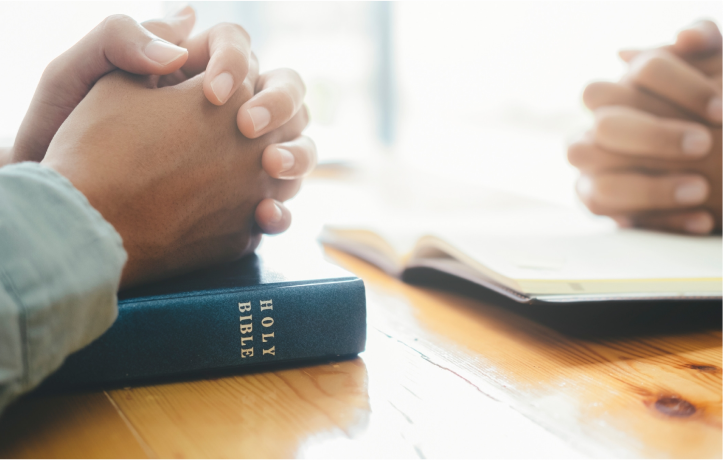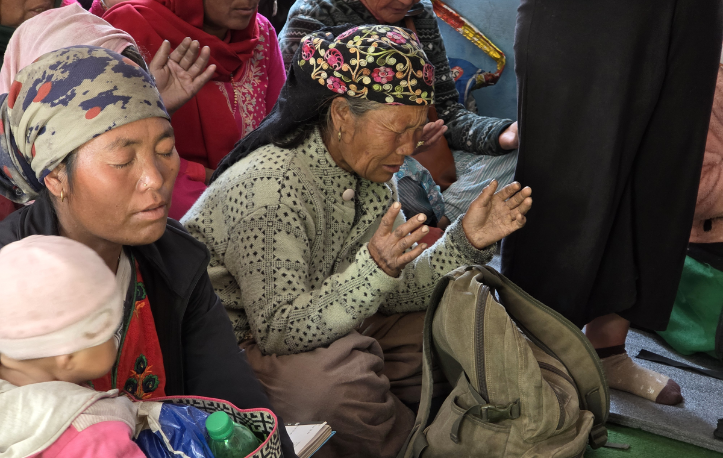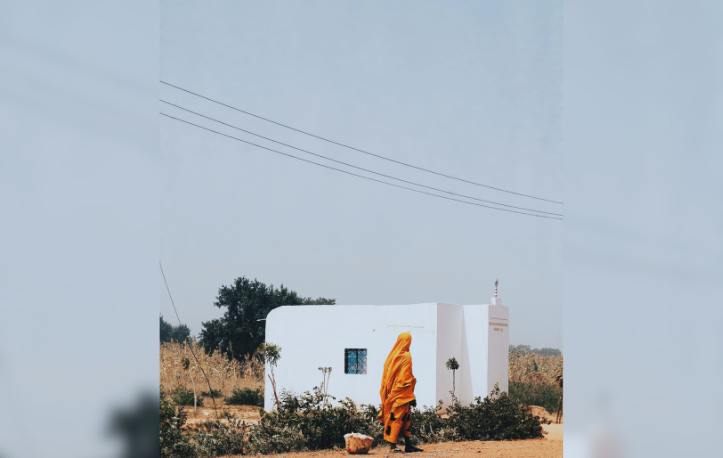Rashid Emmanuel, a 32-year-old pastor in Pakistan, was eagerly preparing to meet a man who had called him on the phone. The caller claimed to be a schoolteacher and had asked to meet Emmanuel in person to speak with him. Emmanuel had earlier declined the invitation since he had been about to lead a prayer service in Railways Colony, Faisalabad, in Pakistan. However, the man had called again right after the service, and Emmanuel, as a pastor, didn’t want to pass up a potential opportunity to help a fellow man. He brought along a Christian friend for support and having arranged to meet the anonymous caller at the train station, the two headed over there immediately.
When they arrived at the designated meeting place, Emmanuel glanced around to find the man but encountered something he hadn’t expected. A swarm of police officers surrounded him and his friend. They accused Emmanuel and his younger brother Sajid of violating the law by blaspheming the prophet Mohammed. The police produced photocopied papers that the brothers had supposedly distributed papers that disparaged Mohammed. The names, phone numbers, and signatures of the brothers were also listed on the papers, but Emmanuel had never seen them before. He and his friend were immediately arrested and whisked away to the police station. The Christian friend was released after a few hours, but Emmanuel’s brother, thirty-year-old Sajid Emmanuel, was thrown in jail just days later.
Sajid was a graduate student of business, and together with Emmanuel was involved in leading United Ministries Pakistan. Several churches, a school, an orphanage, and a women’s programme were affiliated with the ministry, which described itself as “a group of believers, committed and dedicated to preaching the Word of God” and “helping the poor and downtrodden people of this area.” They had been arrested because of their known Christian faith.
In Pakistan, extremist Muslims take advantage of the government’s harsh blasphemy laws, often to settle personal disputes and grievances, by wrongfully accusing Christians in order to have them jailed, tortured, or possibly killed. Militant Islamic groups often stage rallies on Friday nights after Mosque, speaking out against Christianity. The Emmanuel brothers became the target of such treatment as they remained behind bars day after day while their case was investigated.
“Hang the blasphemers to death immediately!” chanted hundreds of Muslim protesters who gathered outside the jail in the predominantly Christian community where the brothers were being held. Led by Islamic extremists, the group hurled bricks, stones, and glass at the main gate of a church in the neighbourhood. Christians in the area locked their doors or fled for their lives as the rally threatened to erupt into a full-blown riot.
After a couple of weeks of imprisonment, handwriting experts informed police that the brothers’ signatures on the papers had been falsified. A court hearing was scheduled for their case, and they were optimistic about the outcome. On the afternoon of Monday 19 July after their court appearance in Faisalabad, the Emmanuels were still on court premises, being escorted by police back to the jail when five armed, masked men stepped out from the crowds. The gunmen warned the Muslim police officers to step away to avoid being shot, and then they opened fire on the brothers. Sajid caught a bullet in his heart and died right away. Emmanuel was shot in the chest and died later. Physical evidence in the form of cuts and other marks found on the bodies afterwards suggested that the brothers had sustained torture while in police custody.
For proclaiming the name of Christ and selflessly loving others, especially the needy of Pakistan, these two brothers were ruthlessly killed. Their work was risky, but they were unafraid of facing consequences for Christ. “Now who is there to harm you if you are zealous for what is good? But even if you should suffer for righteousness’ sake, you will be blessed. Have no fear of them, nor be troubled, but in your hearts honour Christ the Lord as holy, always being prepared to make a defence to anyone who asks you for a reason for the hope that is in you; yet do it with gentleness and respect” (1 Peter 3:13-15). The Emmanuels defended the gospel to their deaths.




Submit a Prayer